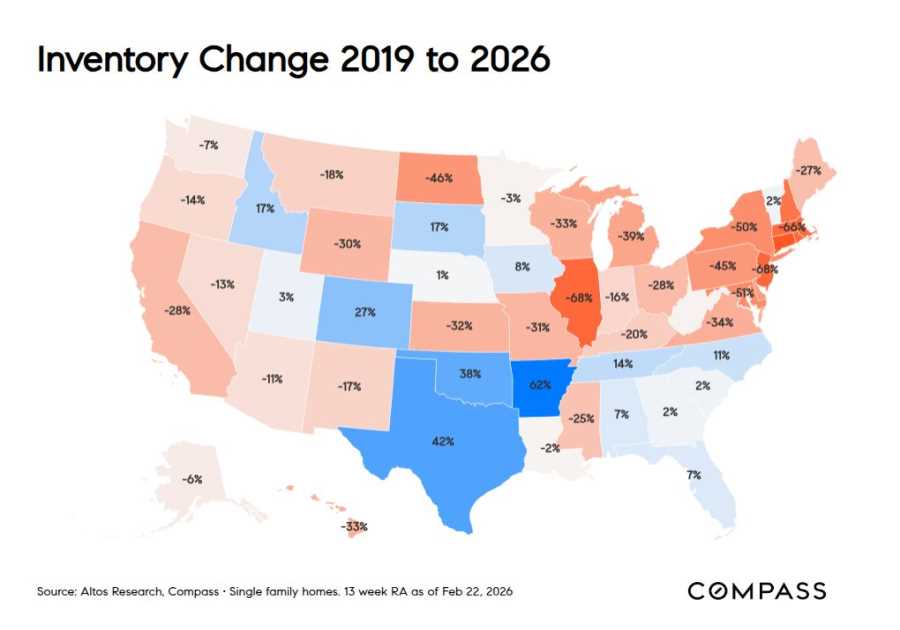At Accountex Summit Manchester, Dorcas Mbwiti, Senior Product Manager at Wolters Kluwer Tax & Accounting UK took the opportunity to talk to Sarah Davy, Partner at Edwards Greene. In this Q&A, Dorcas interviews Sarah to hear more about the firm’s practical MTD roadmap and how it is getting its clients MTD for Income Tax-ready, with practice growth forefront of mind.
Q: Can you talk to us a little bit more about the operation of your practice, and what type of clients you normally serve?
A: I’ve been involved in tax for 20+ years on the private client side of things. As well as dealing with clients and dealing with tax, I also oversee the firm’s IT infrastructure and software strategy, hence my involvement in making sure that the firm is prepared for MTD for Income Tax. We’re a small firm of seven people, and our interaction with clients is mainly focused on annual tax affairs. Many of our clients are self-employed and may have rental properties, so we are highly aware of the implications of MTD for Income Tax for these clients.
Q: MTD for Income Tax is mandated for April of 2024 which seems a long way away, but realistically, it’s only 300 or so working days. What do firms need to think about now in preparation?
A: As a firm, we’re looking at it from both a client and technology perspective, while considering what our additional workloads are going to look like. When it comes to ensuring we can make the new reporting deadlines, we’re looking at our staffing levels, and all the processes surrounding the submissions. We’re asking questions such as: who will review these submissions, how will we ensure we’ve got them in the right format for HMRC, and what impact will we see on our billing?
We’re also very aware of how MTD for Income Tax will be perceived by our clients. Right now, many of our clients only interact with us on an annual basis, but this will change with quarterly submissions. They’re going to hear from us a lot more frequently, and it will open up more dialogue throughout the year, which is great. We’re working through how we’ll get information from clients on a timely basis and how we make the process as efficient as possible.
Q: Regarding your point around quarterly submissions and more touch points…from a firm’s perspective that could be viewed as a challenge in terms of time. Do the benefits outweigh this?
A: It gives you more opportunity to have useful check-ins with clients as well as an opportunity to look at the information they’re providing you with over the longer-term. It may provide the chance to be more proactive and to take a bigger picture, longer-term view of clients on a case-by-case basis, spreading the workload out over the year.
Q: As a firm, how are you preparing for MTD for Income Tax? What are the steps that you’re taking?
A: We’re looking specifically at quarterly submissions requirements and how the final declaration is going to fit into our overall programme of tax work. We’re also looking at our billing processes to cost out the impact of making quarterly submissions. It may mean that we need to move to quarterly billing or six-monthly billing. A big part of this will be about making sure the clients are aware of new billing schedules and any increase in fees, as well as any additional service lines we may opt to offer in support of MTD for Income Tax.
I think it’s important that clients understand that perhaps some of the added value MTD for Income Tax can offer is in the form of more granularity and accuracy in reporting, with more opportunity to ask questions.
Q: How do you go about identifying which clients must meet the MTD for Income Tax reporting requirements?
A: We’re starting with our social media platforms to raise the profile of the subject. What MTD for VAT showed us is that many people assumed it wouldn’t affect them, but the reality is that anybody who is generating over £10,000 pounds of rental income is going to have to report against these rules. I think some clients will be surprised and it’s better that we alert them now and take action.
Within the practice, we’re also identifying which clients will be most impacted. We’re using our software to identify clients who have self-employment and rental income as a starting point.
Q: What do you do once you’ve identified the clients that will be impacted?
A: Once we identify which clients are affected, we’ll segment them. Those who are currently reporting under the MTD for VAT requirements are already using bookkeeping software and maintaining digital records, so for these clients, it won’t be a big change. However, there will be another segment of clients that are still using Excel or even paper-based systems for recordkeeping, and we need to identify these clients to really assist them going forward. It’s an opportunity to help these clients to go digital. At the same time, we will look at the accounting periods of these clients to ensure they are compatible with the MTD for Income Tax quarterly submission requirements.
Q: You mentioned considerations around finance. What considerations do you need to have around technology?
A: The biggest issue for practices is going to be deciding what software they are going to use to ensure their clients meet their MTD for Income Tax obligations. We’ve joined the Wolters Kluwer Tax & Accounting UK beta testing scheme for its MTD for income tax solution, and that’s been really helpful in making MTD for Income Tax feel more real in a reassuring way. If practices can get involved in a beta testing programme, I’d highly recommend doing it.
For us, it has set the scene for the required level of training we’ll need to provide to our people. It has also highlighted the need to ensure that this new software integrates with existing software. Some firms will need to check whether there are integrations between providers.
It pays to think about all of this in advance because it’s essential that your team is comfortable using the software, and that your clients are also comfortable using any client-facing interfaces to help speed along those quarterly submissions for MTD for Income Tax.
As with any regulatory requirement, MTD for Income Tax is a great opportunity to expand some of the technologies and services that practices currently use. It could be time to get a direct bank feed for your clients so that you have a better source of third-party information coming in. It may be time to get mandates and permissions in place to obtain information from letting agents so that you are able to link back to fees. These are things that may eliminate some of the pressure on clients while giving you greater control to obtain information that you need to help clients stay compliant. It’s a great chance to look at all of your processes anew and streamline them.
Q: Has joining the beta helped you identify which challenges you are yet to overcome?
A: It has. It’s helped us spearhead our process changes and get involved with what MTD for Income Tax looks like at a practical and not just a theoretical level. Before we joined, we hadn’t given MTD for Income Tax a huge amount of thought, but now it has really kickstarted our thinking around timeframes. As a firm, we want to be as prepared as possible to make this a smooth operational transition both internally and for our clients. By getting started early, we can view our busy season from an MTD for Income tax perspective and start considering changes here and now.
We’d like to extend our thanks to Sarah Davy, Partner at Edwards Greene for sharing her insight with the wider accounting community.
.png)





